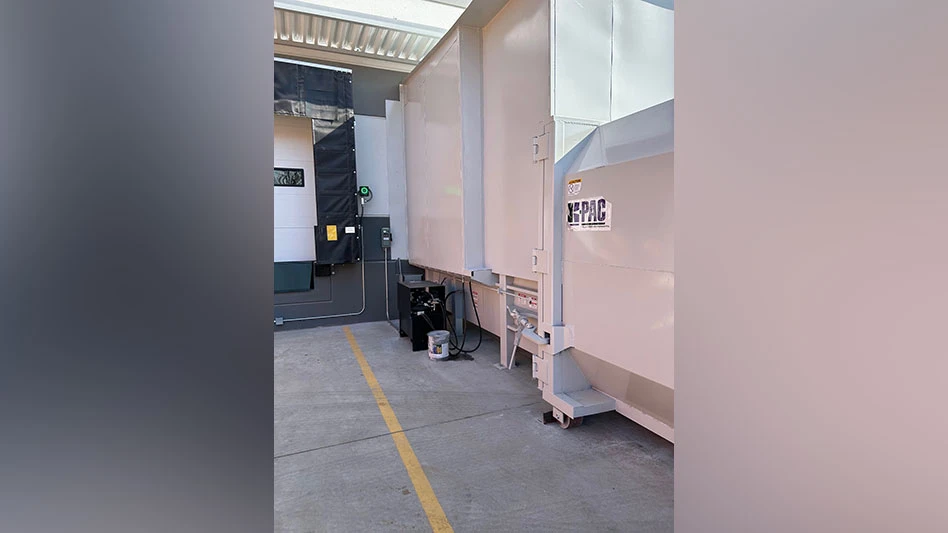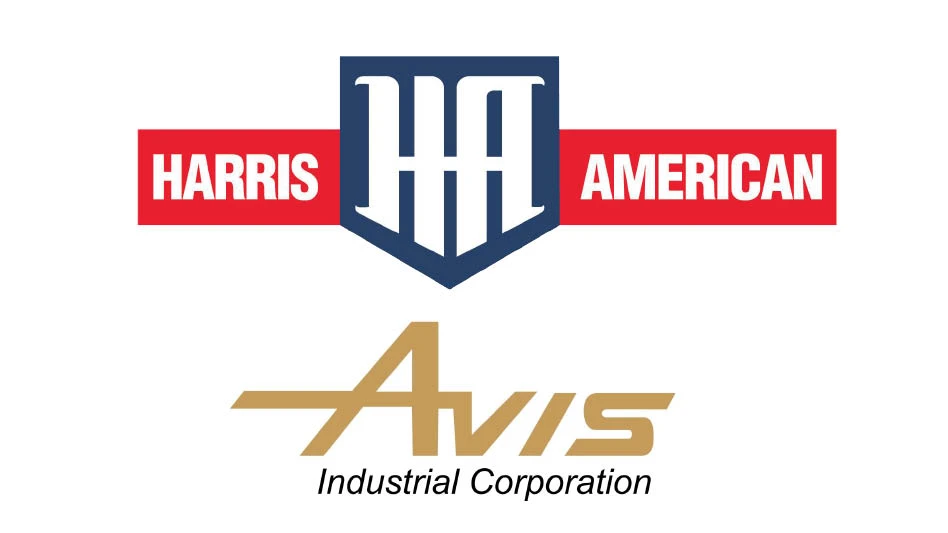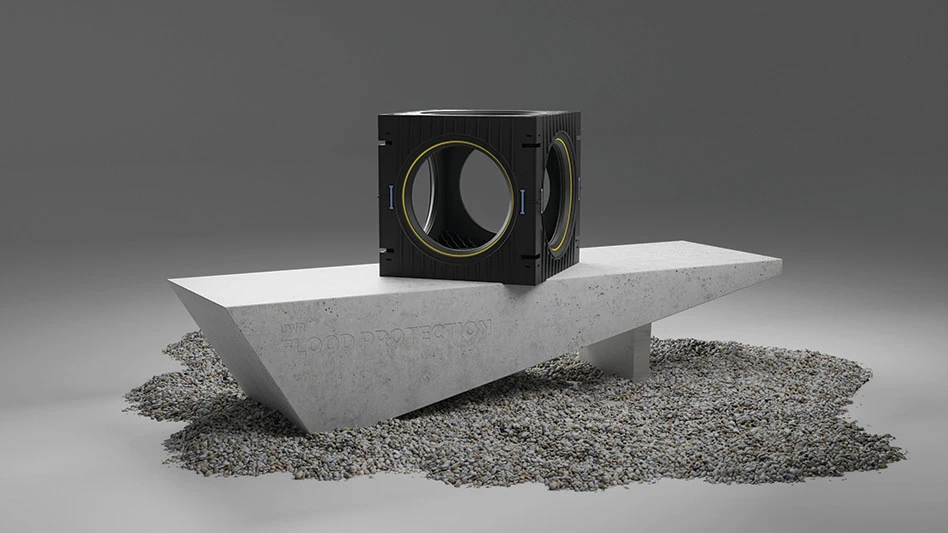
Duncan Andison | stock.adobe.com
Lithium-ion battery (LIB) recycler Li-Cycle Holdings Corp., Toronto, recently entered into an agreement for a loan of up to $475 million from the U.S. Department of Energy (DOE), including up to $445 million of principal and up to $30 million in capitalized interest, through the DOE’s Advanced Technology Vehicles Manufacturing (ATVM) program.
Li-Cycle claims this is the first DOE loan facility to be finalized for a LIB materials recycling company, further demonstrating the company’s role in the U.S. battery materials supply chain as a domestic supplier of recycled materials.
RELATED: Li-Cycle secures 100 percent offtake agreement with Glencore for MHP
The company’s entry into definitive documentation with the DOE follow’s the department’s detailed technical, market, financial and legal due diligence. Li-Cycle says the loan—$100 million more than it was initially selected to receive in early 2023—is expected to support the development of its flagship Rochester Hub project in New York, which was paused more than a year ago due to surging construction costs.
Li-Cycle says it expects the Rochester Hub to be North America’s first commercial hydrometallurgical resource recovery facility and a significant domestic source of recycled critical materials for producing LIBs, including battery-grade lithium carbonate and mixed hydroxide precipitate (MHP), an intermediate product containing nickel, cobalt and manganese. The company recently announced an agreement with longtime partner Glencore for a 100 percent offtake of the MHP produced at the facility.
Once the Rochester facility is fully operational, Li-Cycle says it expects to produce up to approximately 8,250 tons of lithium carbonate and up to approximately 72,000 tons of MHP per year under the MHP scope—a trajectory developed during an extensive project review conducted for much of the last year following the halt in facility construction. The company adds that the planned processing capacity at the facility remains at 35,000 tons of black mass per year, and the project is expected to create approximately 825 construction jobs and more than 200 permanent jobs.
The company says it estimates the total capital cost of the Rochester Hub project through to mechanical completion to be approximately $960 million, of which the remaining estimated cost to complete the project is about $487 million. The cost to complete includes commitments related to the project for costs incurred but not yet paid (approximately $92 million as of Sept. 30). The company says the total capital cost for the Rochester Hub project through to mechanical completion excludes costs for project commissioning, ramp-up, working capital or financing.
Li-Cycle says it is actively exploring financing and strategic alternatives for a complete funding package needed to restart the construction of the Rochester facility and for general corporate purposes.
“Throughout 2024, one of Li-Cycle’s primary objectives has been to finalize negotiations with the DOE in order to enter into definitive documentation to obtain a DOE loan,” Li-Cycle President and CEO Ajay Kochhar says. “Today, we are excited to announce our achievement of this significant milestone, which we believe represents a strong vote of confidence in Li-Cycle’s patented and environmentally friendly recycling technology and business model. Securing the DOE loan facility through our close collaboration with the DOE is a critical step toward our goal of restarting construction at the Rochester Hub project.
“We believe that the DOE loan facility offers attractive terms relative to other third-party financing alternatives available to us. We believe it will also enhance our financial flexibility and support our mission to create a sustainable, closed-loop battery supply chain, which is vital to the electrification transition and securing energy independence in North America.”
Get curated news on YOUR industry.
Enter your email to receive our newsletters.Latest from Recycling Today
- Enfinite forms Hazardous & Specialty Waste Management Council
- Combined DRS, EPR legislation introduced in Rhode Island
- Eureka Recycling starts up newly upgraded MRF
- Reconomy Close the Gap campaign highlights need for circularity
- Nickel carbonate added to Aqua Metals’ portfolio
- EuRIC, FEAD say End-Of-Life Vehicle Regulation presents opportunity for recyclers
- Recyclers likely to feel effects of US-China trade war
- BCMRC 2025 session preview: Navigating battery recycling legislation and regulations






